Subtang is a mental tool
Observation no.1 | Subtang
Subtang is a mental tool. It shows you the way out of destructive loops in five stages by capturing the core belief pattern you developed in early childhood. Stages are:
[1] Listening to your thoughts,
[2] Hearing your speculations,
[3] Reducing each speculation into an imperative sentence,
a sentence that gives you an instruction,
[4] Matching each sentence
with an emotional intensity,
[5] Defining your real-time stressor.
[1] Listening to your thoughts,
[2] Hearing your speculations,
[3] Reducing each speculation into an imperative sentence,
a sentence that gives you an instruction,
[4] Matching each sentence
with an emotional intensity,
[5] Defining your real-time stressor.
I’ve collected observational data for three years to understand the connection between emotions and human behavior. My research started by reviewing the psychiatric case studies published in the United States, which maintain confidentiality while presenting clinical data. These studies highlight unusual and complex behavioral patterns in clinical interviews. So I thought they would be the perfect database to observe real-time narratives at a condensed scale.
But still, please consider my findings within the scope of design and system principles. They’re for informational purposes only and do not constitute professional medical, psychological, or other advice. Please consult a professional regarding your health and do not disregard or delay in obtaining medical advice for any medical or psychological condition you may have.
But still, please consider my findings within the scope of design and system principles. They’re for informational purposes only and do not constitute professional medical, psychological, or other advice. Please consult a professional regarding your health and do not disregard or delay in obtaining medical advice for any medical or psychological condition you may have.
So let’s go back to these records. These records were significant because the concentric grouping of these myriad stories helped me realize the self-perpetuating drama embedded in their language. When I put together the phrases people used to describe their state of mind, there were 58 high-frequency destructive behavioral patterns appeared in almost everyone’s story.
It’s easy to lose track of these loops when they’re sprinkled into our daily conversations. But after a while, when you examine so many stories at a condensed scale, you only see these loops rather than the content.
These records are considered anecdotal evidence and may not represent broader populations, but such large-scale pattern repetition was too loud to ignore. And I’d like to share this information with you.
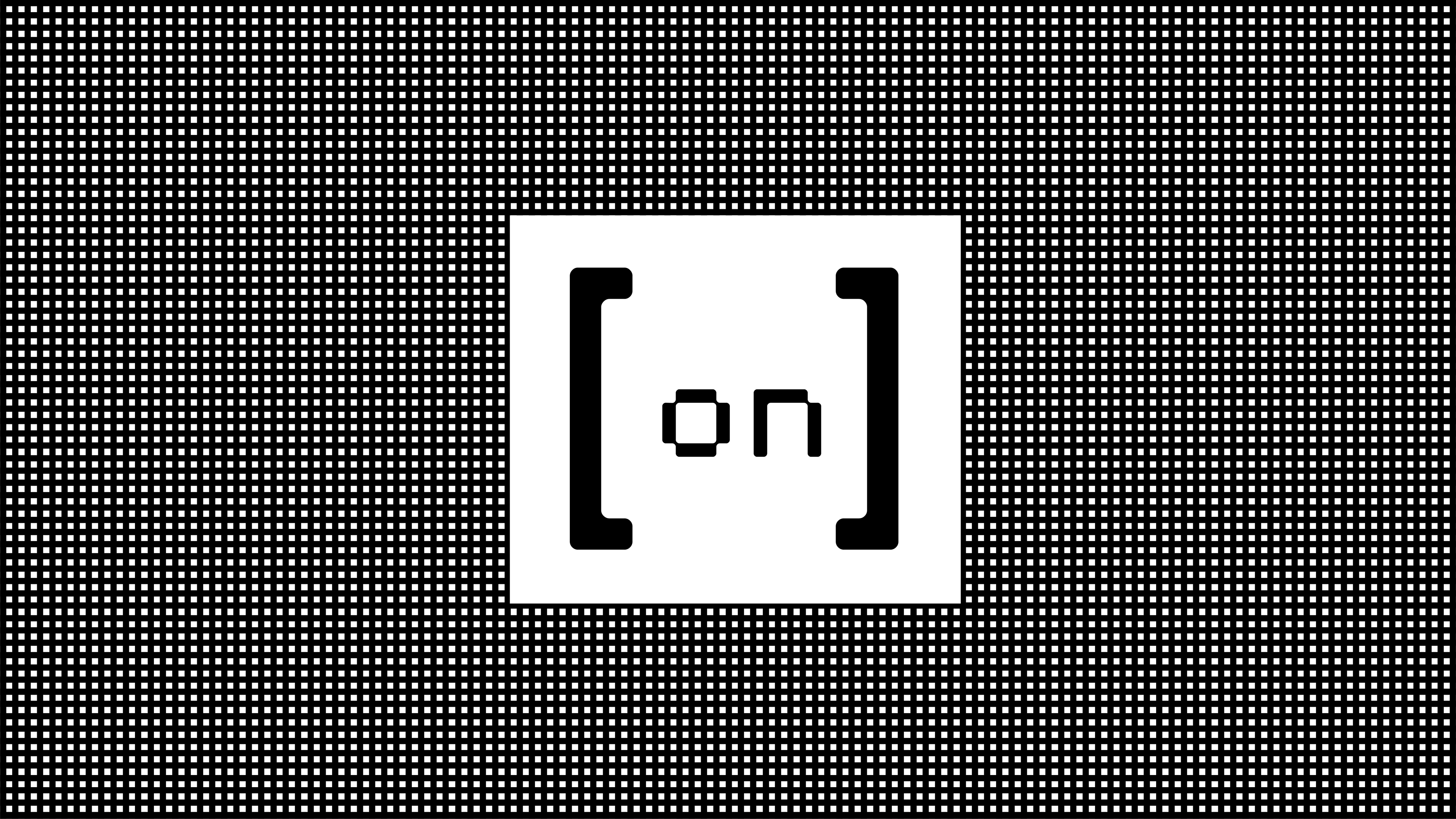
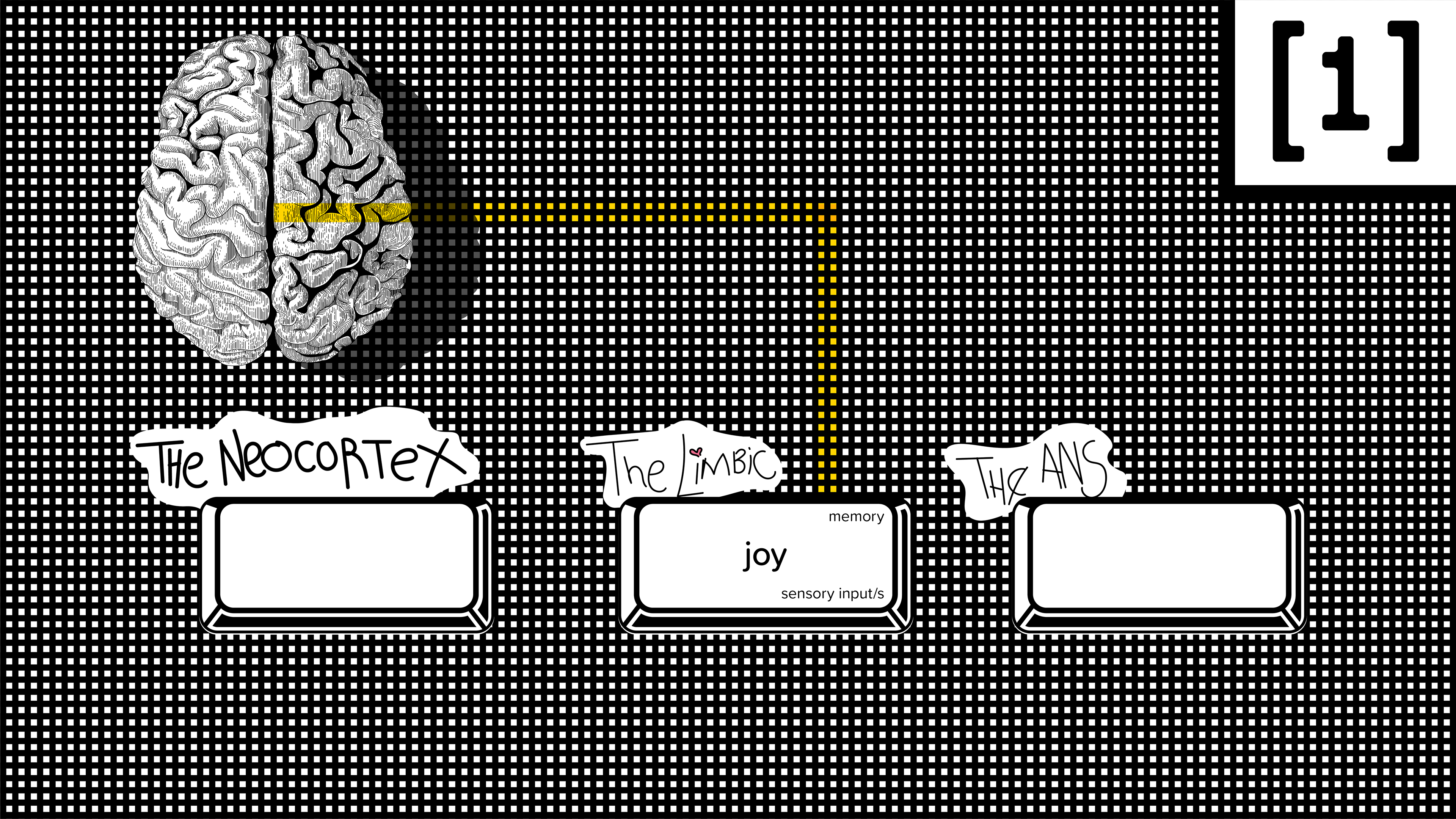
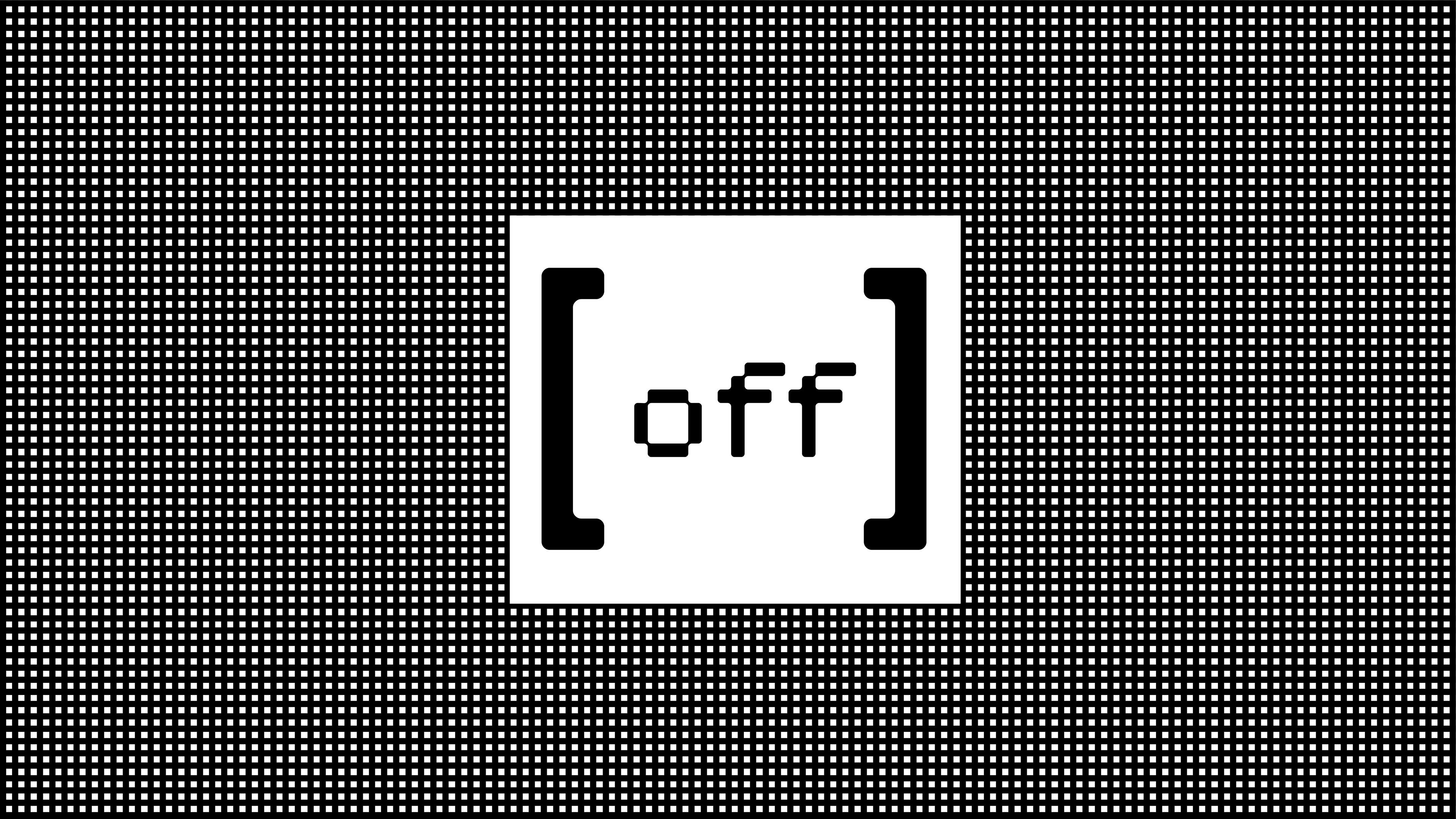
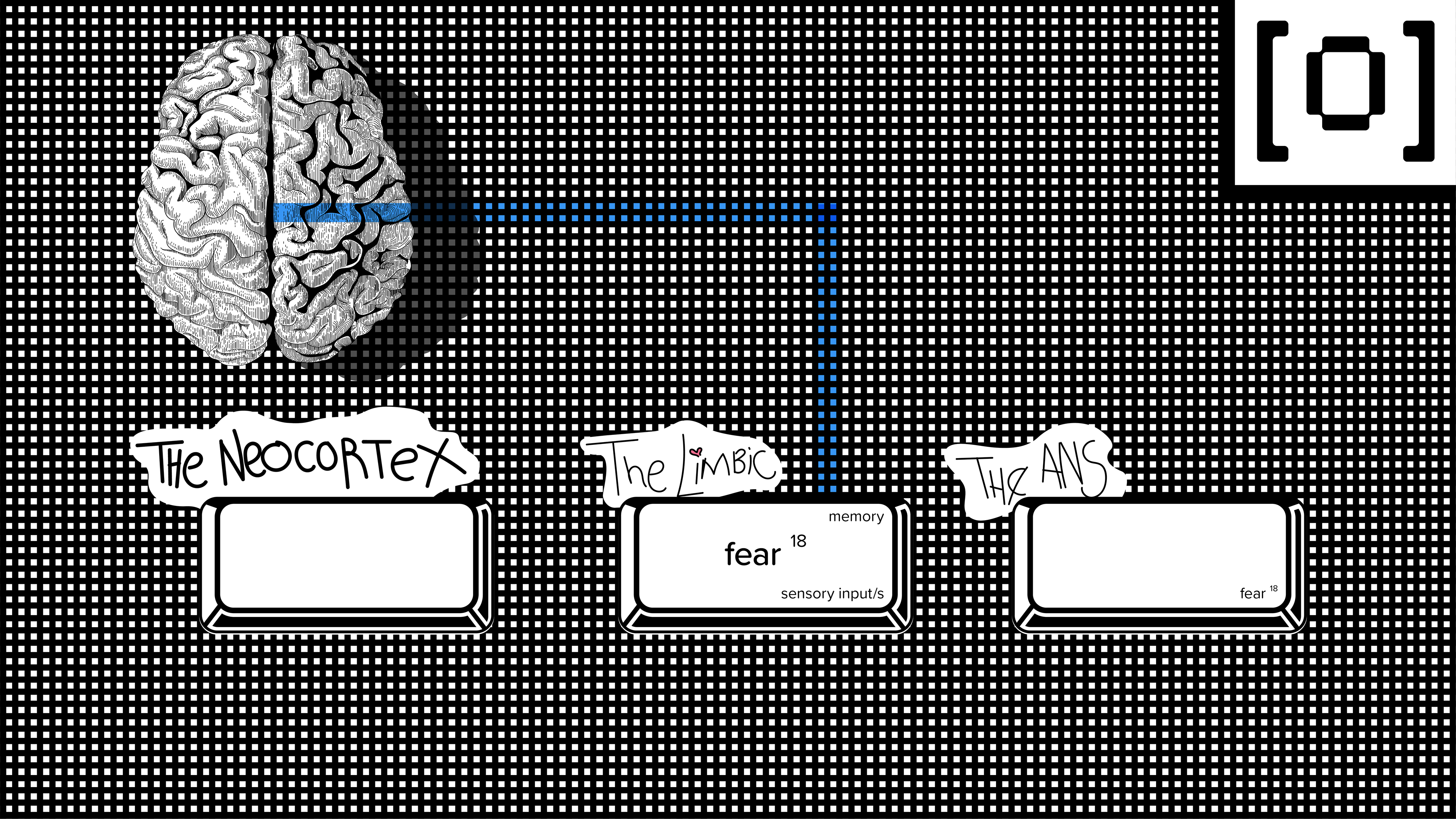
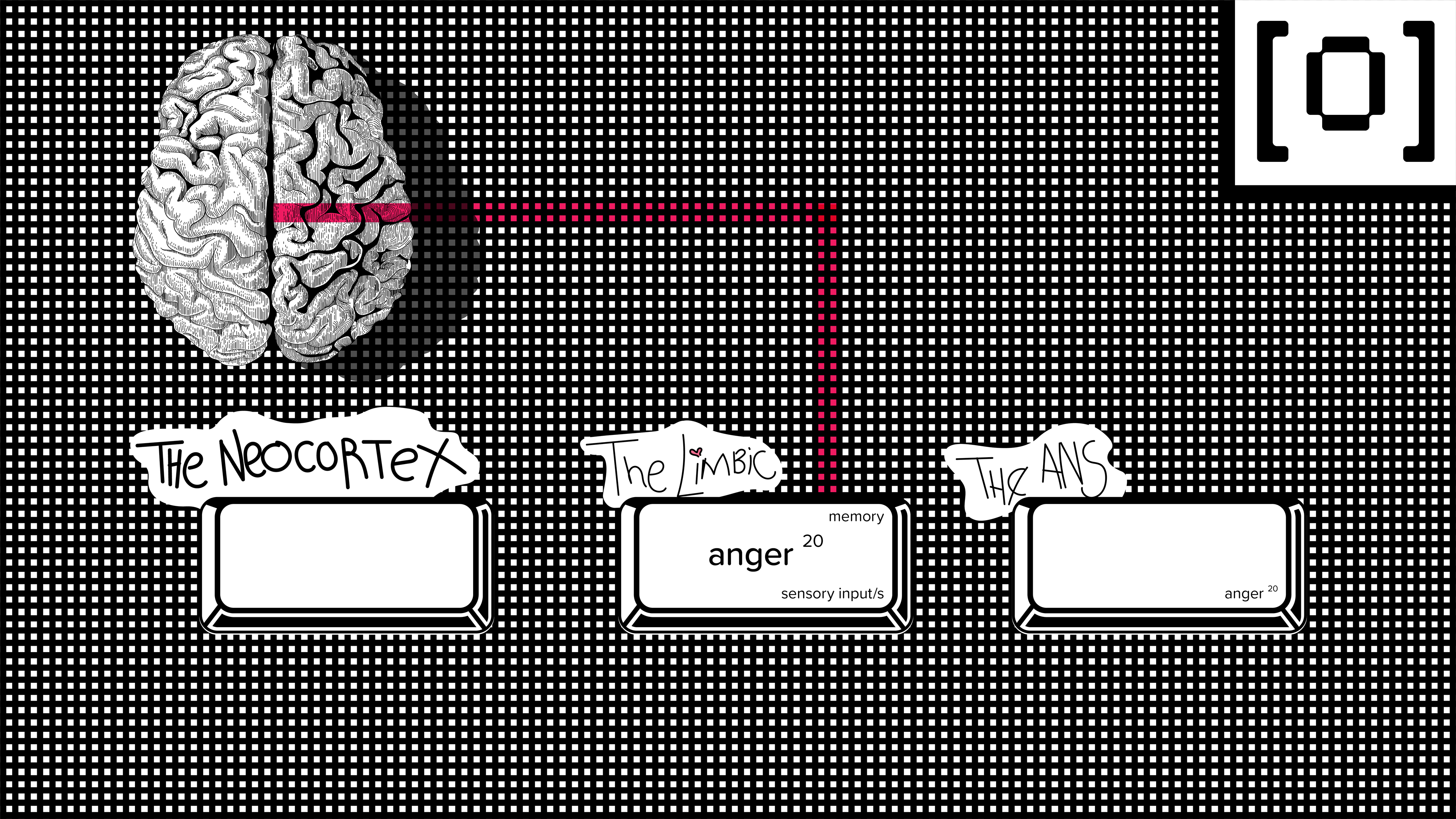
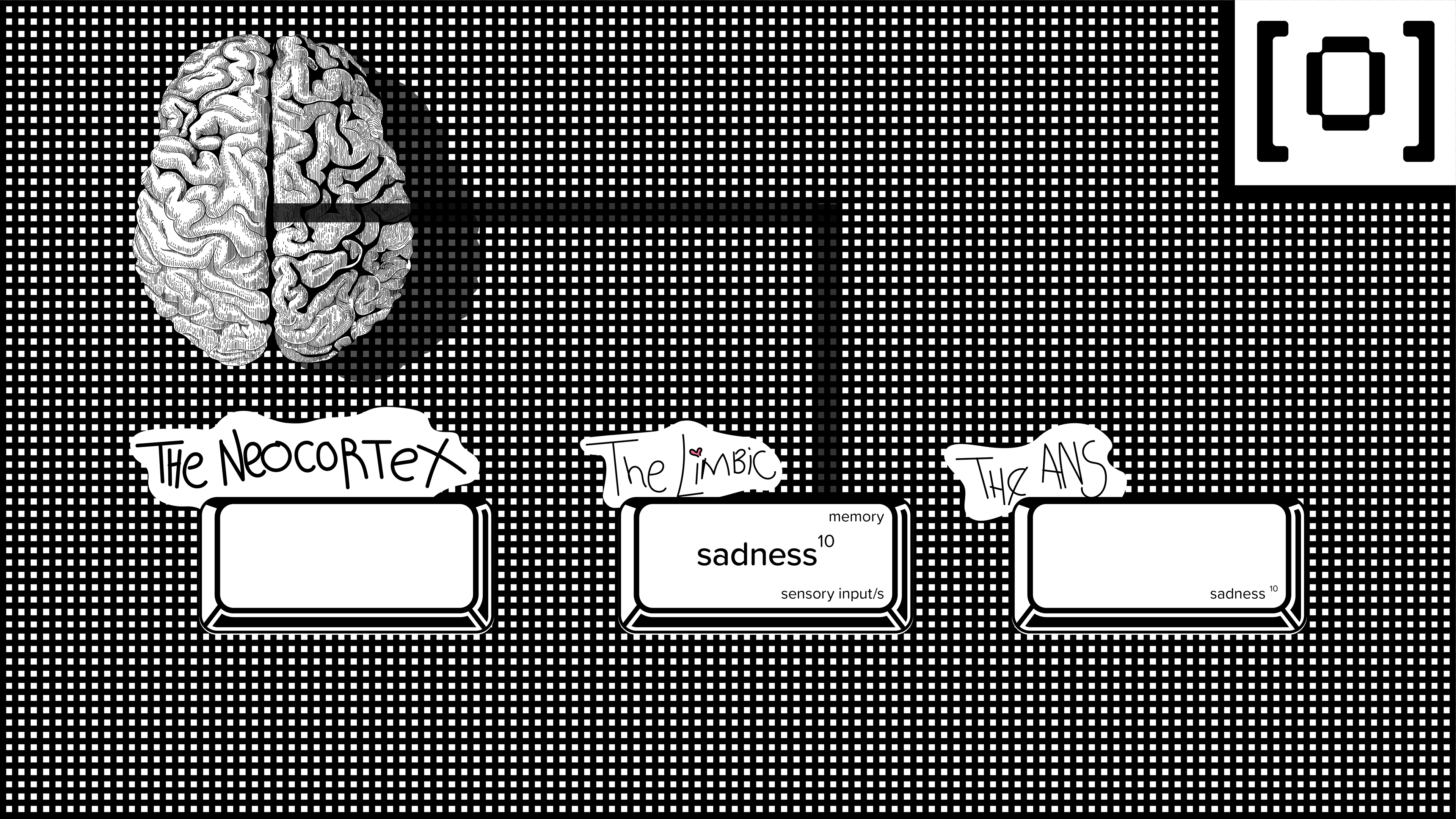
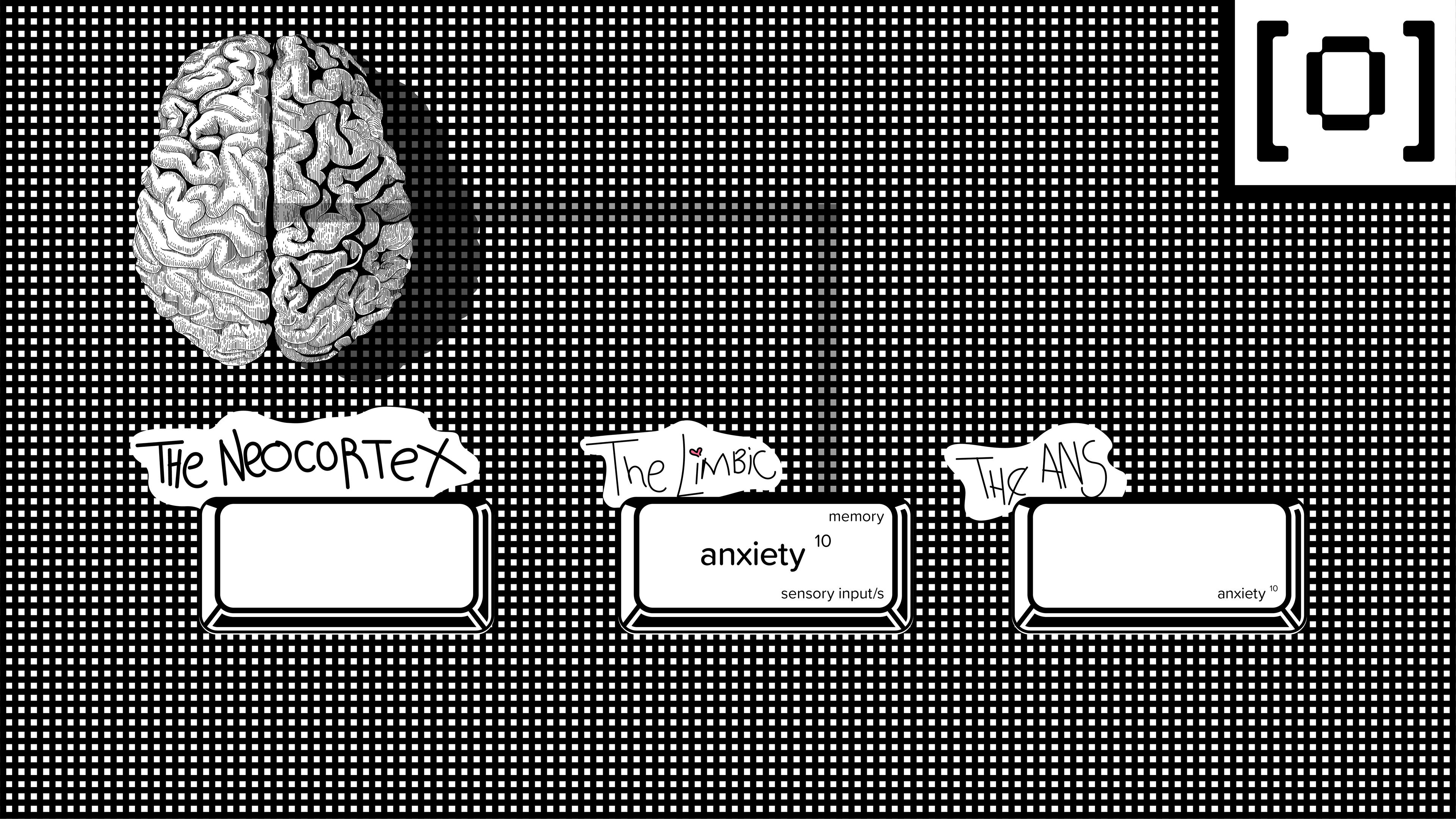
Because I imagine living in a society made up of individuals and leaders who focus on real-time stressors for solutions rather than engaging in delusional loops; a society where the state of mind of the practitioner is more important than the content of the work; a society that concerns people’s natural state in the first encounter with the unknown; an adaptive society that welcomes change, innocent receptivity, and creativity.
What we call life.
What we call life.
If you’re imagining the same and interested in collaborating with the Subtang or learning this mental tool for yourself or your team, please send me an email from the contact page.

